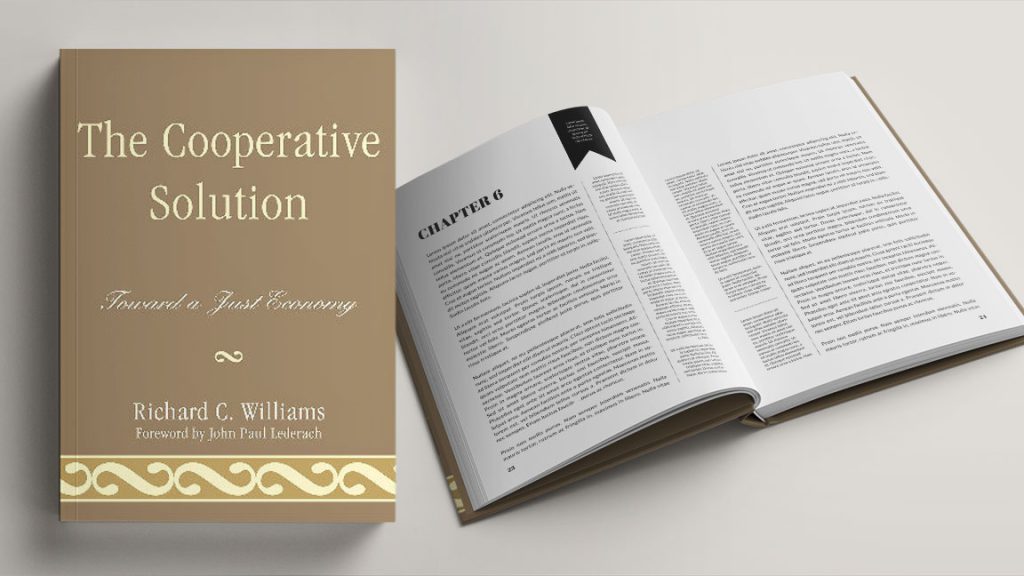
"This is cooperation. It is community economics. It is survival. It is human diversity finding a way to care for and be careful with the diverse family who inhabit their community."
Early morning breaks across Kathmandu as I write these words. Among the poorest countries in the world Nepal has recently traversed a decade of civil war, achieved a historic peace agreement among the fighting groups, declared itself a Republic, and is days form the deadline when the elected Constituent Assembly has the mandate to deliver a new constitution. It won’t happen on the deadline originally set. In fact it is unclear the peace process will hold. Change never comes easy. And constructive change, justpeace as I would call it, the kind of change that in the midst of human conflict reduces violence and increases justice, requires the hard work of cooperation. Nothing short of finding a way back to the basic notion that we are, after all is said and done, a local and global family.
The Cooperative Solution takes on this challenge in a clear and straightforward manner. The premise is clear enough: A healthy family requires that we work together for our common good…
Lederach, John Paul. “Foreword.” In The Cooperative Solution: Toward a Justice Economy, by Richard C. Williams, vii–x. Lanham, Maryland: University Press of America, 2010.
Reprinted with the permission of Rowman & Littlefield.


